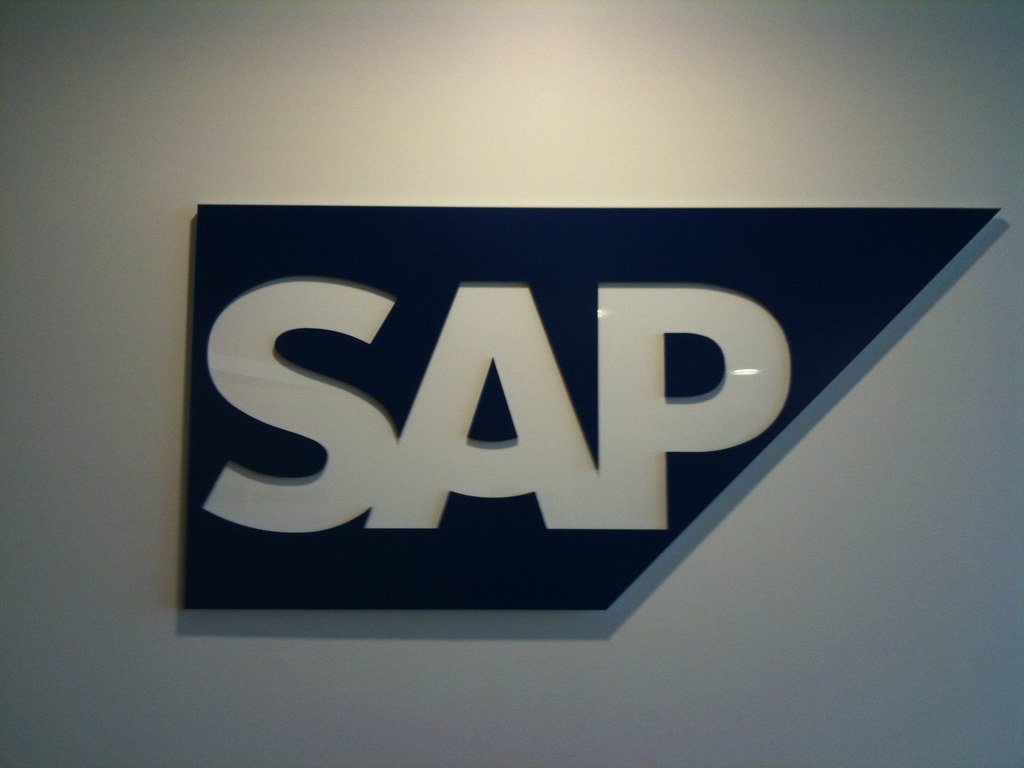While the global tech scene is often dominated by American giants like Apple, Google, and Microsoft, the European Union is home to a powerful and diverse ecosystem of IT companies that excel in software development, cybersecurity, digital services, cloud computing, and enterprise technology. These companies not only serve millions of users across the continent but also compete globally, offering innovative solutions in a range of sectors.
In this article, we explore some of the largest and most influential IT companies based in the EU. We’ll look at where they are located, what they specialize in, and how they contribute to Europe’s digital economy.
1. SAP SE (Germany)
- Headquarters: Walldorf, Germany
- Founded: 1972
- Specialization: Enterprise software, ERP systems
SAP is by far the largest software company in Europe and a global leader in enterprise resource planning (ERP) systems. With over 100,000 employees worldwide and customers in more than 180 countries, SAP develops software that helps businesses manage operations, finances, logistics, human resources, and customer relations.
SAP’s cloud-based services and AI-integrated tools have positioned it as a top contender in the digital transformation of industries ranging from manufacturing to finance. It remains the flagship of EU-based IT innovation.

2. Atos SE (France)
- Headquarters: Bezons, France
- Founded: 1997
- Specialization: Digital transformation, cybersecurity, cloud computing
Atos is a multinational IT services and consulting company operating in over 70 countries. It is a major provider of high-performance computing and digital infrastructure solutions, working closely with governments, healthcare systems, and enterprises.
Atos is also a European leader in cybersecurity and was the official IT partner of the Olympic Games. Its acquisition of Bull and other firms has reinforced its strategic position in both software and hardware services.
3. Capgemini SE (France)
- Headquarters: Paris, France
- Founded: 1967
- Specialization: Consulting, technology services, cloud, and AI
Capgemini is one of the largest IT consulting firms in the world, providing services in cloud infrastructure, software development, and digital transformation. With over 350,000 employees across the globe, it focuses on helping organizations adopt cutting-edge technology and manage digital change.
Capgemini is known for its acquisitions of Altran (engineering and R&D services) and other firms, expanding its footprint in tech innovation.
4. ASML Holding NV (Netherlands)
- Headquarters: Veldhoven, Netherlands
- Founded: 1984
- Specialization: Semiconductor technology
ASML is a Dutch company that manufactures photolithography machines used in the production of semiconductors. It’s not a software company per se, but its highly sophisticated technology is critical to global chip manufacturing.
ASML supplies machines to major chipmakers such as Intel, TSMC, and Samsung. It holds a near-monopoly on Extreme Ultraviolet (EUV) lithography technology, making it one of Europe’s most valuable tech firms.

5. Avast Software (Czech Republic)
- Headquarters: Prague, Czech Republic
- Founded: 1988
- Specialization: Cybersecurity, antivirus software
Avast is one of Europe’s leading cybersecurity firms, known for its antivirus software used by over 400 million users worldwide. It develops a range of consumer and enterprise products focused on online security, privacy, and threat detection.
In 2022, Avast merged with NortonLifeLock (now Gen Digital), but it still maintains its European base and brand.
6. Ericsson (Sweden)
- Headquarters: Stockholm, Sweden
- Founded: 1876
- Specialization: Telecom, 5G networks, IoT
Ericsson is a telecom and networking giant known for its leadership in 5G infrastructure. While it is more commonly associated with telecommunications, its role in network software, IoT platforms, and mobile connectivity qualifies it as a major IT player.
Ericsson provides software and cloud solutions to mobile operators worldwide and continues to shape global digital infrastructure.
7. Dassault Systèmes (France)
- Headquarters: Vélizy-Villacoublay, France
- Founded: 1981
- Specialization: 3D design software, product lifecycle management (PLM)
Dassault Systèmes is a major player in engineering and design software. Its flagship product, CATIA, is used by companies in aerospace, automotive, and manufacturing for 3D design and simulation.
The company also owns SolidWorks, a widely-used CAD platform, and plays a key role in the digital transformation of industrial processes.

8. Infineon Technologies AG (Germany)
- Headquarters: Neubiberg, Germany
- Founded: 1999 (spun off from Siemens)
- Specialization: Semiconductors, automotive chips, IoT
Infineon is a global leader in semiconductors, particularly for automotive electronics, industrial systems, and secure identification. While it’s a hardware company, its embedded software and security systems qualify it as an important IT player in the EU.
It supports smart infrastructure, mobility, and energy-efficient solutions.
9. Siemens Digital Industries Software (Germany)
- Headquarters: Munich, Germany
- Founded: Originally part of Siemens AG
- Specialization: Industrial software, automation, digital twins
A division of Siemens AG, this branch develops digital industrial solutions, including digital twin technology, simulation software, and industrial automation tools. Siemens plays a significant role in Industry 4.0, where IT and physical systems merge.
Their tools are used extensively in automotive, electronics, and energy sectors across the EU and globally.

10. Sopra Steria Group (France)
- Headquarters: Paris, France
- Founded: 2014 (merger of Sopra Group and Steria)
- Specialization: IT consulting, cloud services, government digitalization
Sopra Steria provides consulting, system integration, and software development services across Europe. It has a strong presence in public administration, defense, and banking IT systems. The company supports the EU’s push for digital sovereignty and e-government solutions.
Why EU-Based IT Companies Matter
The European Union has historically lagged behind the U.S. and China in producing consumer-facing tech giants. However, the companies above are deeply embedded in infrastructure, industrial systems, cybersecurity, and enterprise software—sectors that are critical to digital transformation.
The EU’s Digital Strategy, which emphasizes data sovereignty, green digital transition, and AI, has created a favorable environment for IT companies that prioritize security, transparency, and compliance.
Outlook: The Future of IT in the EU
With the rise of AI, quantum computing, and green tech, European IT firms are well-positioned to lead in specialized, ethical, and infrastructure-heavy sectors. Additionally:
- EU funding programs like Horizon Europe continue to support innovation.
- The Digital Services Act (DSA) and Digital Markets Act (DMA) aim to level the playing field for European tech firms by regulating big U.S.-based platforms.
- A growing number of startups and unicorns in cities like Berlin, Amsterdam, and Stockholm show promising signs of expansion.
If you’re an entrepreneur looking to establish or grow your digital business in the EU, check out Rakuzan.eu — a professional web design company specializing in fast, effective, and multilingual websites tailored for European markets.
For high-performance web hosting trusted across Europe, we recommend Hostinger — a reliable and affordable solution perfect for businesses of all sizes.
Disclaimer: This article is for informational purposes only and does not constitute financial, tax, or investment advice. Readers should consult with a licensed professional before making any financial or business decisions.





